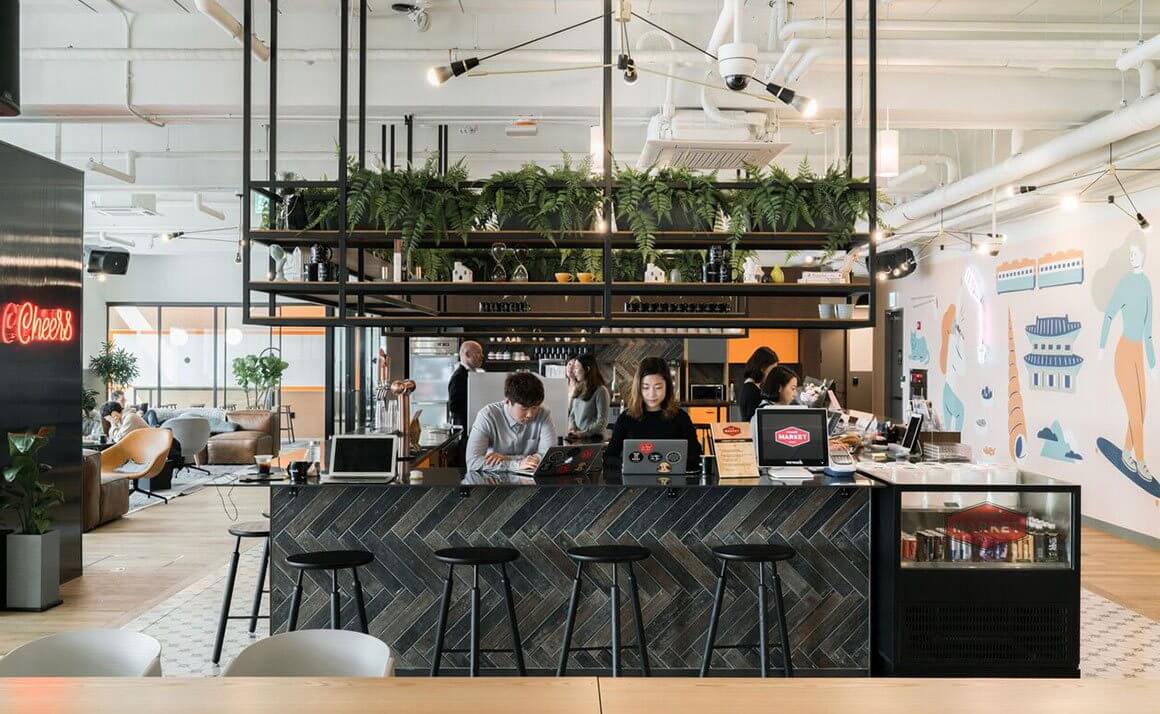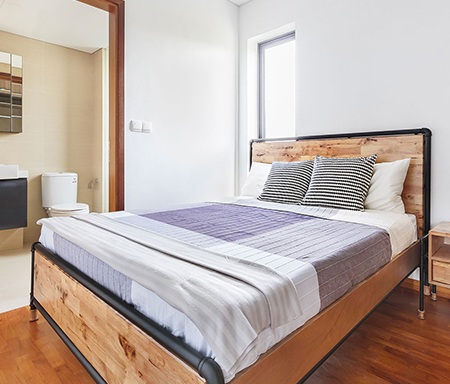
Turning coworking Japanese
Tokyo is an important target for international coworking operators, but the real opportunity might be for a domestic iteration of the office-sharing model.
Market leader WeWork has six locations in Tokyo and is looking for more; serviced office operator Regus offer coworking facilities at 50 of its Tokyo sites while Japanese developers Mitsui Fudosan and NTT Urban Development have also launched coworking brands.
However, these high-end international facilities – where a single membership can cost US$1,000 a month or more – serve particular niches: corporates looking for overflow or project team space and well-funded startups. However, these groups make up less than half the universe of coworking occupiers. Japan’s coworkers are as likely to be freelancers or homeworkers.
Tetsuya Kaneko, head of research and consultancy, Japan at Savills, says: “Premier coworking facilities are not affordable for Japanese freelancers and for most SMEs. In Tokyo, there is plenty of lower-grade office space available on relatively short and flexible leases, with low upfront costs, which suits smaller domestic companies.
“Additionally, Japan does not have the same sort of start-up culture as China and the US, which will also lead to lower demand for high-end coworking space.”
Recognising this, Mitsui Fudosan’s Workstyling brand of coworking centres is exclusively aimed at corporate clients looking for temporary space.
Kaneko suggests that low-to-mid cost coworking centres, located at transport hubs, would suit Japan’s freelancers and the growing number of female workers with young children who work mainly from home.
Further reading:
Savills research spotlight – Tokyo coworking: Seperating fact from fad
Contact us:
Tetsuya Kaneko



